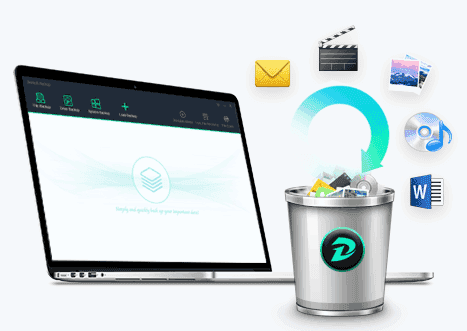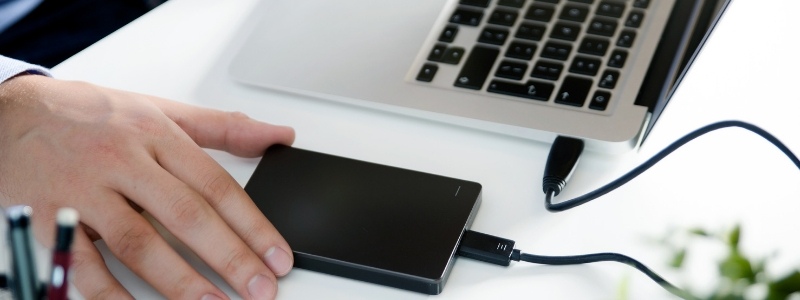


They are best suited for people with just a handful of files to backup and are especially great for students to backup schoolwork. The biggest drives you can typically buy have 256GB of storage space, enough for a few thousand documents or photos, depending on file size. What should I buy?įlash drives are smaller than external hard drives and thus offer less storage space. It's unlikely that a newer flash drive will fail, but it can happen. You won't be able to access your files if any of these things happen. Potential drawbacks?įlash drives can break down overtime, fail or become corrupted, rendering them useless. Once disconnected, those files will live on the flash drive until you remove them. How does it work?Ī flash drive plugs into your computer through the USB port and once connected, you can copy or drag and drop files onto it. This method is very similar to the first one, but uses flash memory (a storage chip that can be erased and reused) instead. They come in a wide variety of designs, from simple sticks to novelty characters, and most can be attached to a keychain or lanyard.
#Best hard drive backup system portable#
Also make sure to read our guide on using external hard drives as a backup.įlash drives connect to your computer and give you ultra-portable storage.įlash drives (also called thumbdrives or jump drives) are tiny, highly portable drives, often no longer than a stick of gum. Some external hard drives have a rugged, waterproof or fireproof case and they're worth buying if you're concerned about unforeseen circumstances damaging the drive.Ĭheck out CNET's recommendations for the best storage devices and best portable hard drives.

If you have more files than that to back up, look at 2TB and up models which start around $100. A 1TB drive can hold up to a few hundred thousand photos taken with an 8-megapixel camera (depending on file size), or several thousand documents. If you only have a few files and photos to back up, a 500GB or 1TB drive, which will cost around $50-$100, will more than suffice. What should I buy?Įxternal hard drives come in many sizes and storage capacities. It's rare for a newer hard drive to fail completely, and most drives can last years and years before needing to be replaced, but just keep in mind that failures can happen. One day you may plug in your portable drive and it won't work, which means you won't be able to access the files you've stored on it. Hard drives can fail at any time, for many different reasons. Once synced to the drive, those files will live safely away from your computer and offer protection in case your computer gets stolen or damaged. Once connected, which involves little more than plugging it in, you can drag and drop or copy files you want from your computer's hard drive to the external drive. How does it work?Įxternal drives connect to your computer to provide extra storage, usually with a USB cable. Others are much larger and are designed to sit on your desk. Many are often small and portable, making them easy to stow away in a desk drawer or carry with you. 1: External hard drive What is it?Īn external hard drive is a hard disk drive just like the one inside your computer, where you can store any kind of file. You'll need to replace them after several years or so to ensure they don't fail, destroying your files in the process.įor a deeper dive on this topic, check out CNET's guide to digital storage.Įxternal hard drives come in many sizes and styles. Also, beware that physical storage solutions, like external hard drives and flash drives I outline below can break down over time. Get in the habit of backing up files on a regular basis, every week or month or whenever you get new important documents and pictures. The more backups you have, the better, but two to three should be fine for most. You can even keep copies on a secondary computer, if available. Make sure to store copies of files and photos on your computer and in two or more of the methods listed below. The best way to ensure that you do not lose important documents and photos is to not rely solely on one backup method. Multiple backups: Why they're importantīefore diving into the ways to back up your files, I want to talk about multiple backups. This guide gives you the basics on the various choices you have to back up your files and the tips to make it easy. It minimizes the risk that you'll lose your tax documents, baby's pictures and school work in the event of theft, fire or hard drive failure.īacking up files and photos isn't hard, but with several different ways to go about it, it can be confusing to get started. Creating a backup of your precious and important files is crucial.


 0 kommentar(er)
0 kommentar(er)
